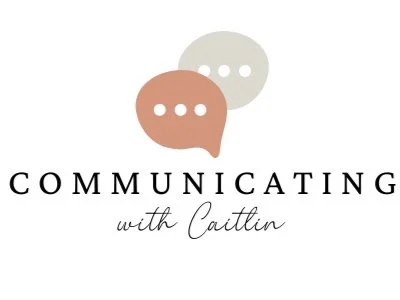For your convenience, services can be conducted in your own home. In-person services can also be provided at an arranged location, such as a local library. We also offer tele-therapy services.
Our Services
Comprehension
Comprehension is the ability to understand spoken and written language. Challenges in comprehension may look like difficulty in: identifying objects, following directions, completing reading comprehension tasks, and making inferences.
Expressive Language
Expressive language is the ability to convey meaning and messages to others. Challenges in expressive language may look like: use of short sentences, errors in grammar or vocabulary, difficulties in retelling stories, and/or in asking and answering questions.
Articulation
Articulation is the actual production of speech sounds. Sounds are produced through the vocal system that includes lips, tongue, teeth, alveolar ridge, soft palate, and vocal folds. Challenges in articulation may look like: incorrectly producing sounds. substituting one sound for another, leaving sounds out of a word. Articulation challenges may greatly impact your child’s ability to be understood by others.
Reading
Reading is a skill that must be explicitly taught. Foundational skills, such as rhyming, are needed before becoming a fluent reader. Reading services use multi sensory programs such as the Orton-Gillingham Approach to explicitly teach reading. Challenges in reading may look like: not knowing letter names or sounds, guessing the word by using the picture or the first letter of the word, confusing the sounds of letters, or reading slowly.
Writing
Written language is another form of expressive language. Challenges in writing may look like: incorrectly spelling words, not using complete sentences, using weak vocabulary, and creating confusing stories. Writing across genres is an important skill for academic success.
Social
Social is everywhere- from sharing space at a table, to playing with peers, and working together. Challenges in social language may look like difficulty making and keeping friends, understanding others point of view, initiating and maintaining conversations, working with partners, solving social problems, using and understanding non-verbal language, and thinking flexibly.







